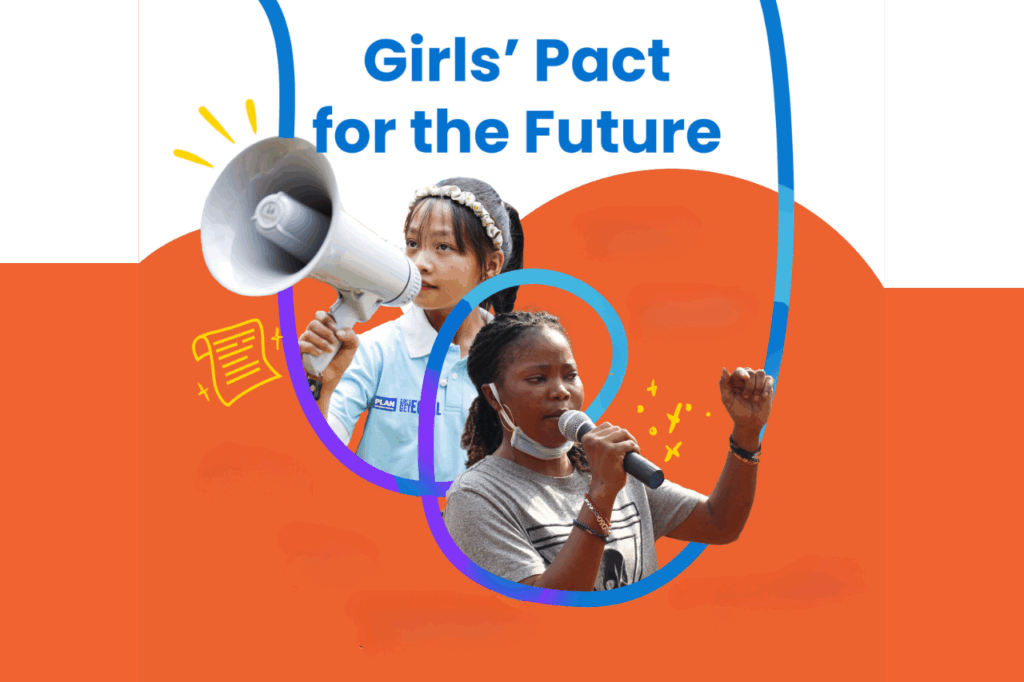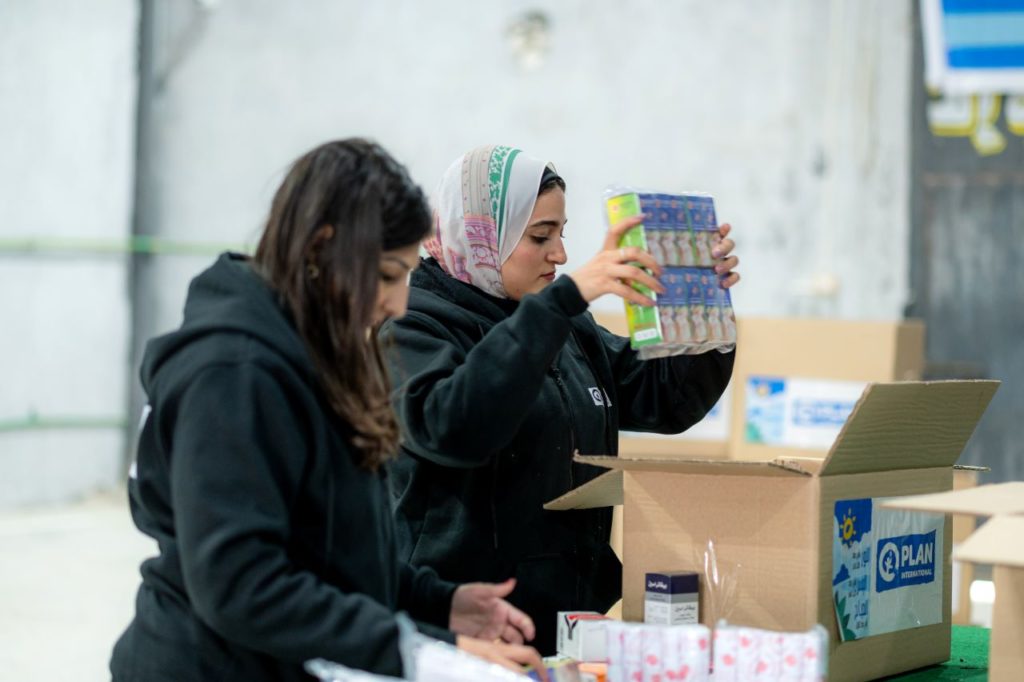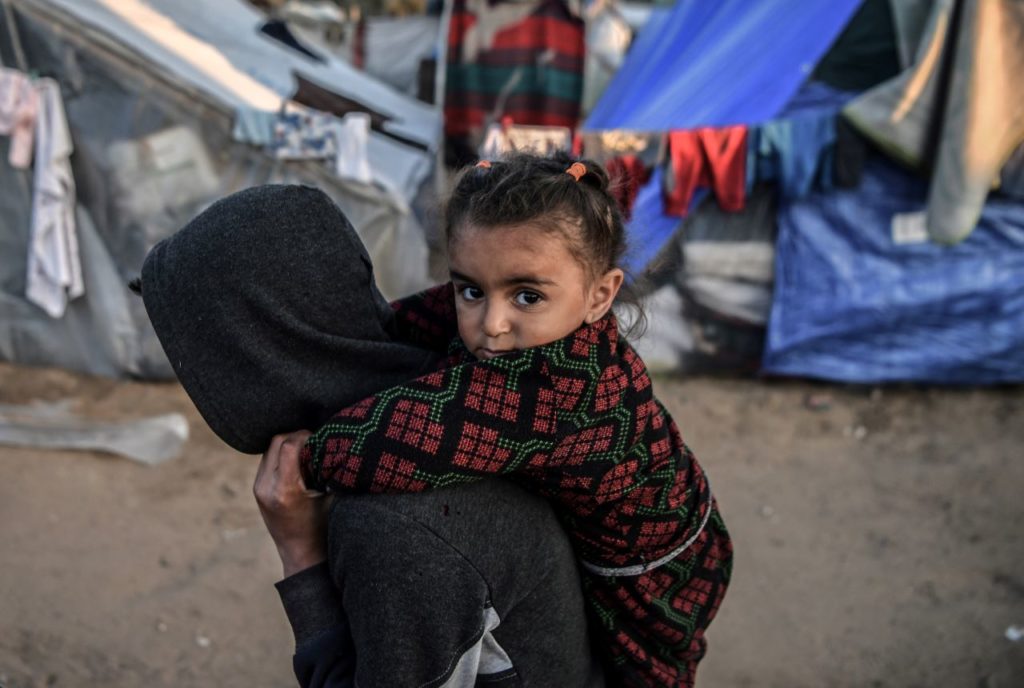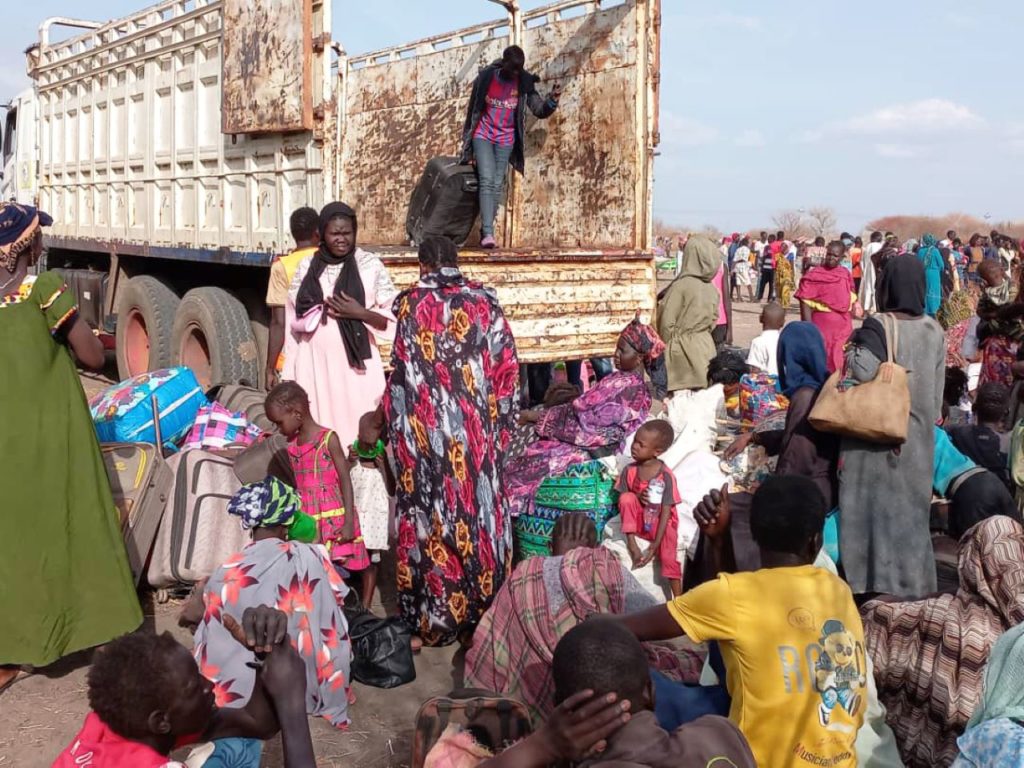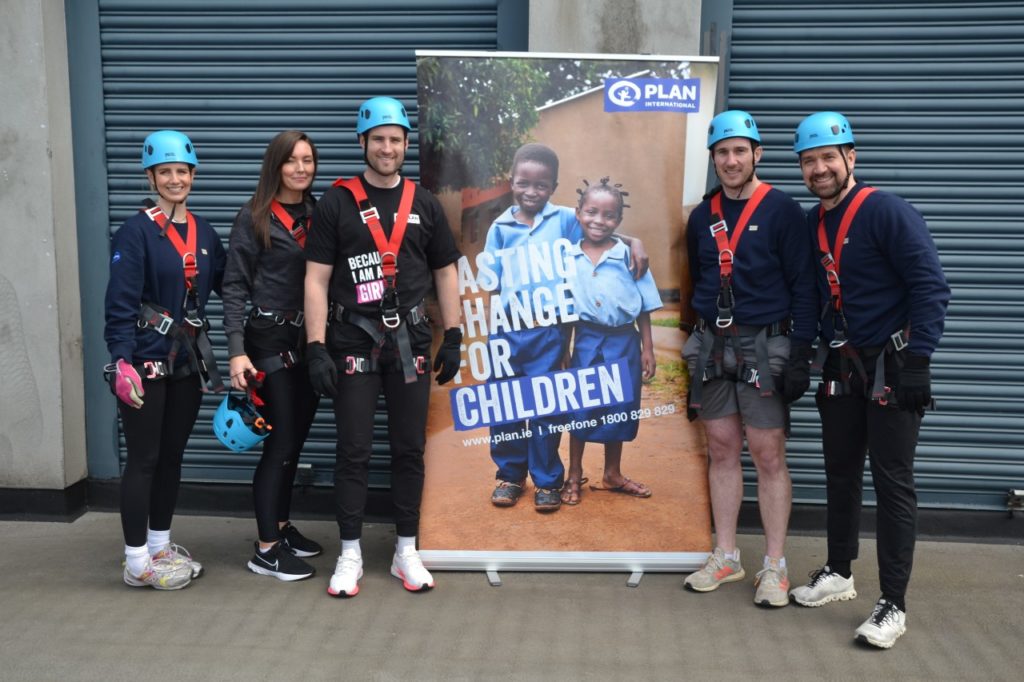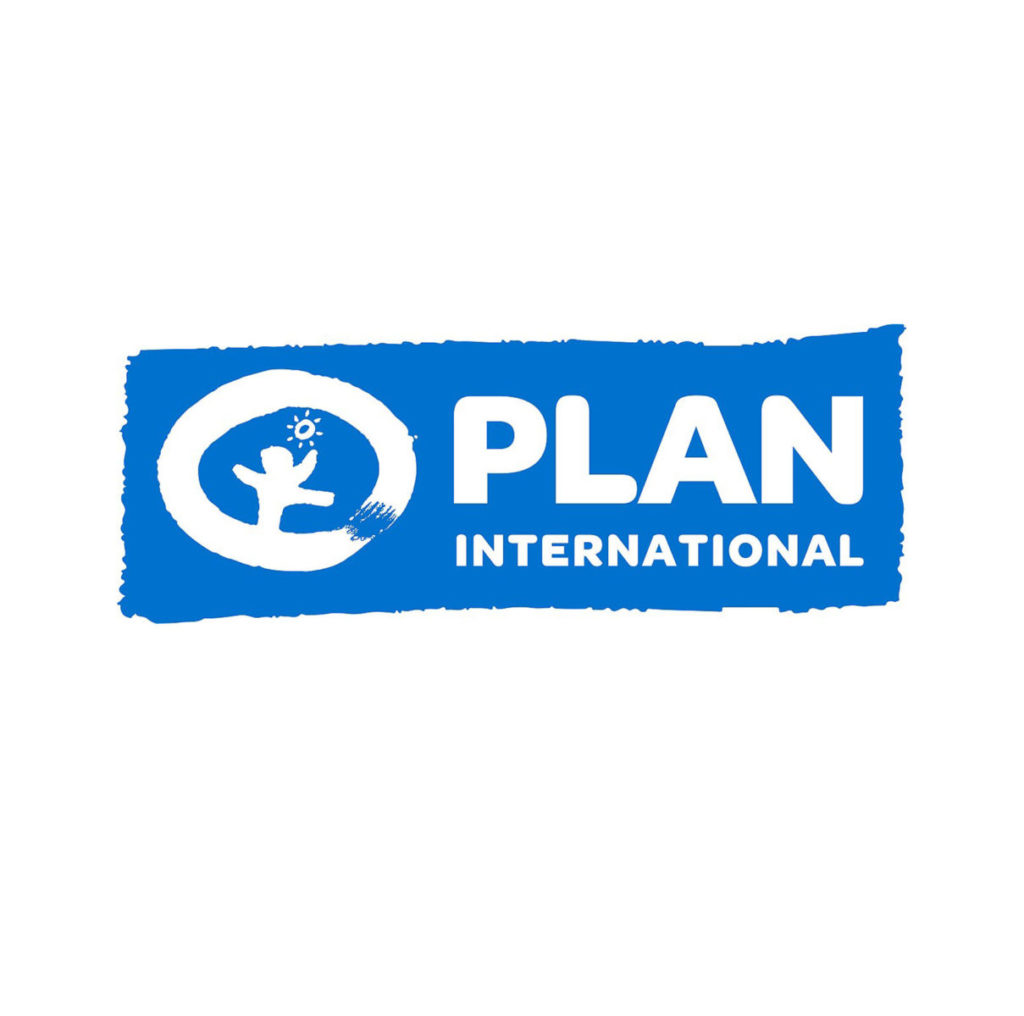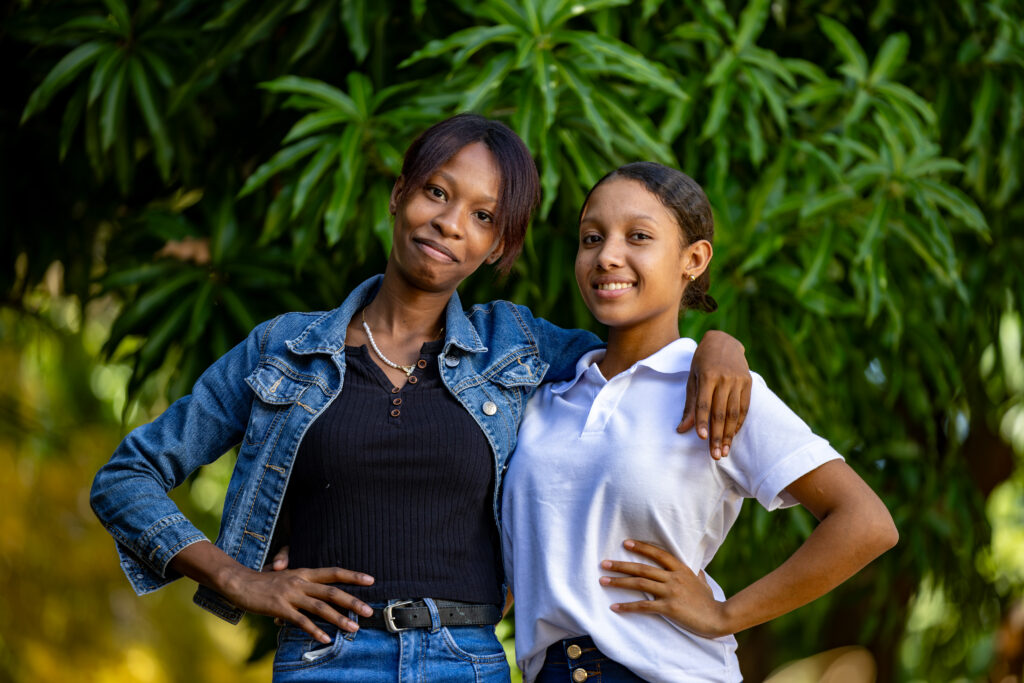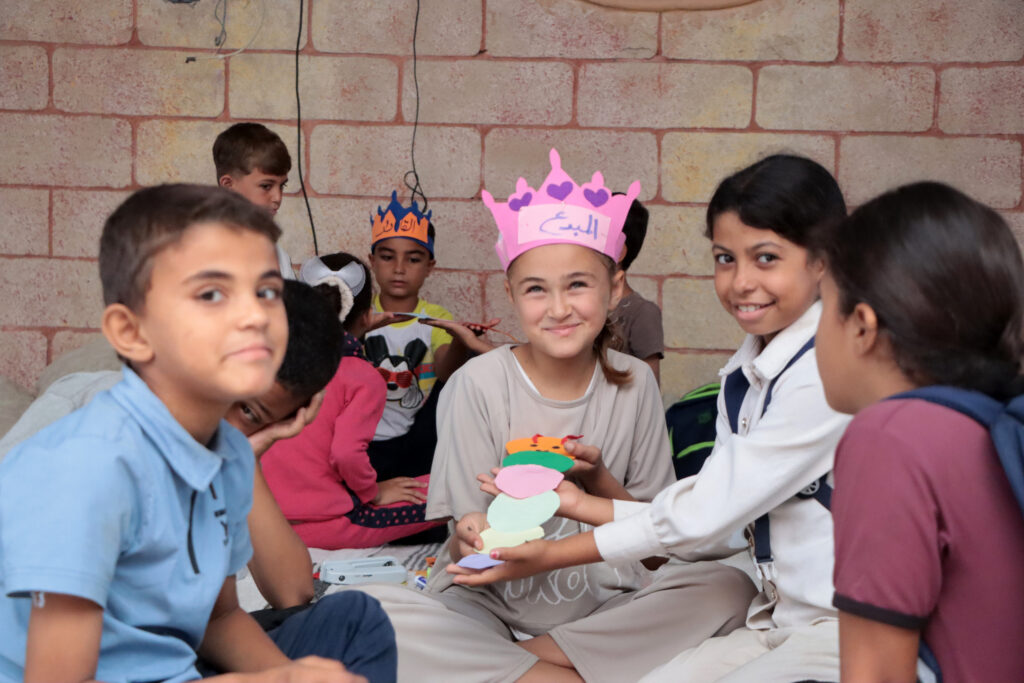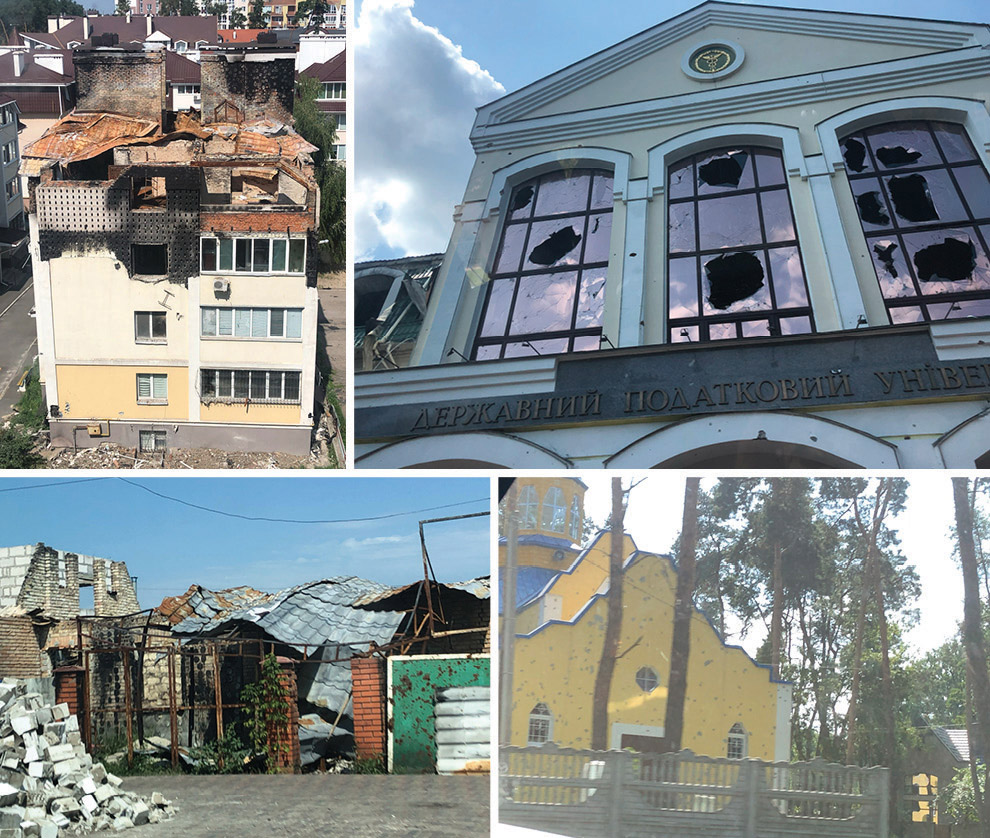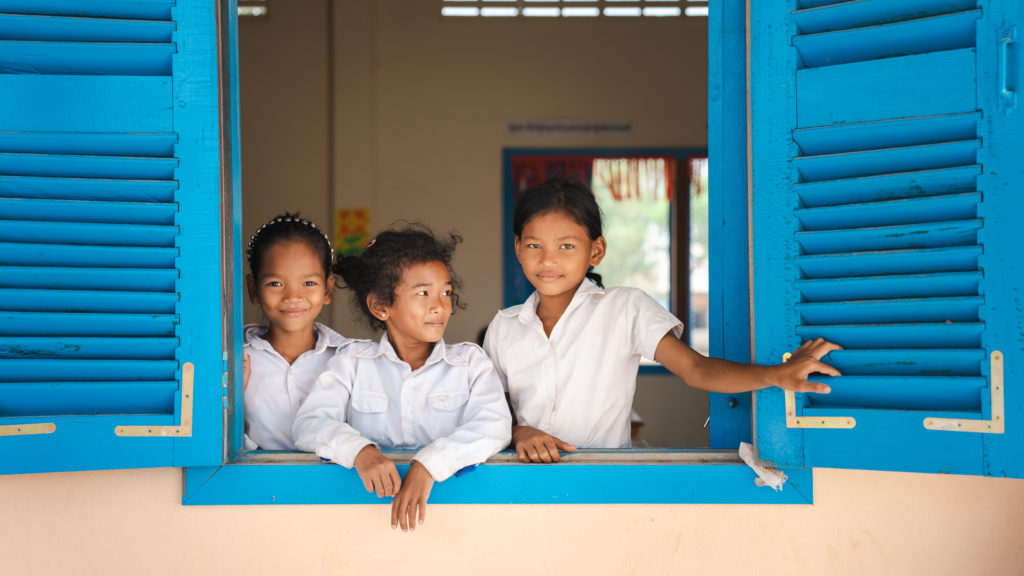PLAN INTERNATIONAL IS WORKING TO IMPROVE COVID-19 PREVENTION AND RESPONSE MEASURES IN BORNO STATE
Already grappling with insurgency & large numbers of internally displaced people, Borno State now has the added risk of COVID-19 to contend with.
As the most populous country in Africa, Nigeria is particularly vulnerable to the impacts of COVID-19. Not only is the country contending with the public health crisis caused by the pandemic, it is also grappling with the ongoing instability in the country – partially due to Boko Haram and other non-state armed forces, as well as the protracted Lake Chad crisis.
Borno State in the north-east of Nigeria has been the epicentre of the Boko Haram insurgency in Nigeria for the past 10 years, leaving its civilians caught in the middle. The insurgency has compounded and worsened socioeconomic problems in the state and has had an acute impact on services, including on the provision of health services. In addition, there are an estimated 1.5 million internally displaced people in Borno State, many of whom are living in overcrowded camps with poor or limited hygiene and sanitation facilities. Borno State is therefore very susceptible to the potentially devastating effects of COVID-19.
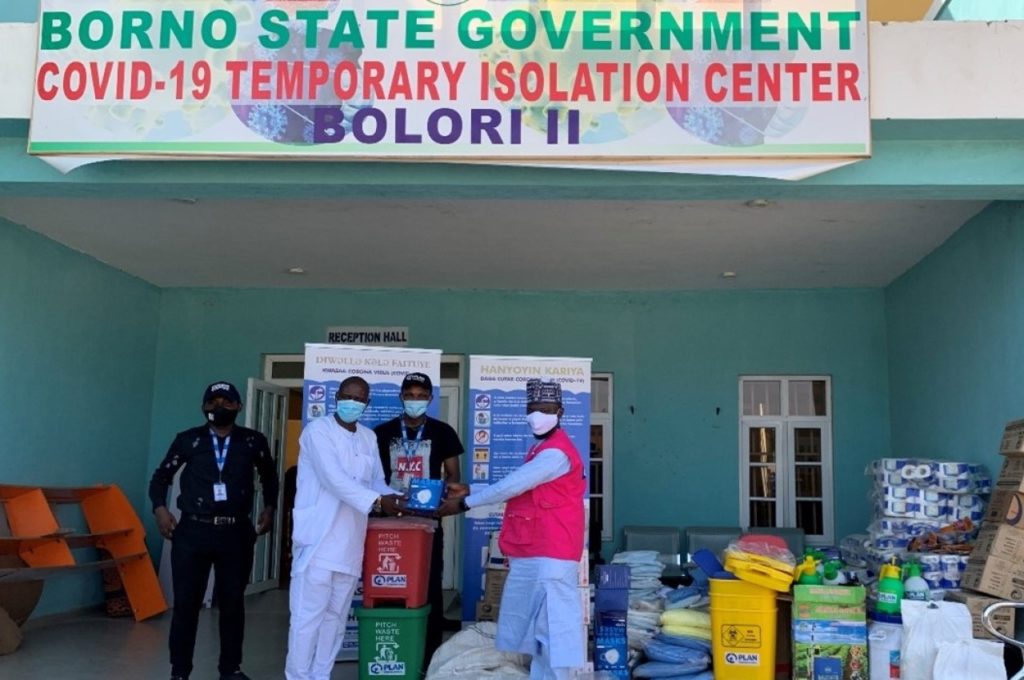
With the support of Irish Aid, Plan International has been working to strengthen the COVID-19 response in Borno State through improving the quality of healthcare provision in 11 facilities. Plan International Nigeria distributed Personal Protective Equipment (PPE) and Infection Prevention and Control (IPC) items to the centres, and also carried out training to build the capacities of staff in the centres.
The training centered on COVID-19 prevention and transmission, and incorporated gender segregated Social and Behavioural Change Communication (SBCC), targeting COVID-19. Gender roles and unequal power dynamics can affect the reach and impact of health messaging – however, integrating gender into SBCC has been shown to make public health messages more effective, promote gender equality and improve health outcomes.
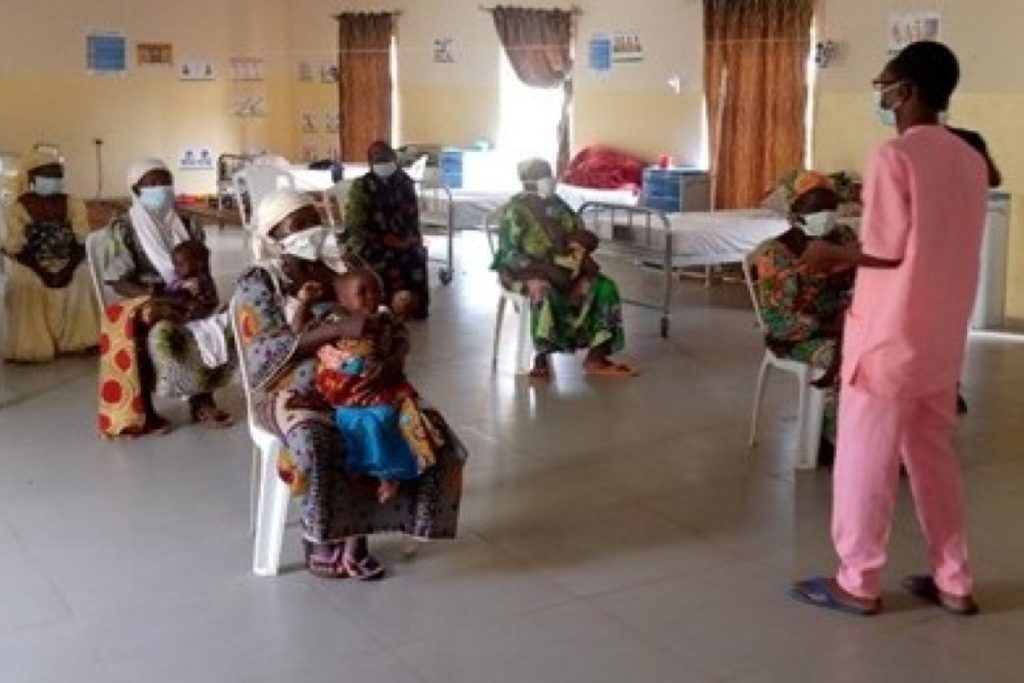
Over 230 frontline staff were trained in infection prevention and control across the 11 health centres, which included cleaning and maintenance staff as they play a central role in defending against the virus. The dissemination of public health messaging across wider communities and households was a core element of the project.
Through sensitization sessions in health facilities, house to house visits and awareness raising in nutrition centres, a total of 89,708 people were reached through the project.
